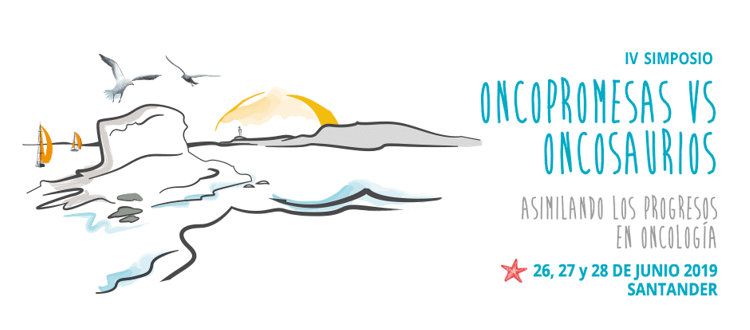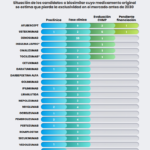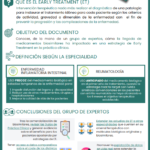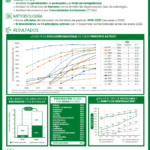In the presentation titled " advent of monoclonal antibody biosimilars”, the general director of BioSim, Regina Múzquiz, has carried out a general review on biosimilars and the regulatory requirements that are demanded of this segment of drugs to provide them with the guarantees of quality, safety and efficacy common to all biological or biotechnological medicines.
Among the topics that he addressed in his presentation, the contribution of biosimilars to more efficient and sustainable healthcare can be highlighted. Specifically, he revealed that these drugs allow for budget liberation that could translate into an increase in the number of patients treated with biological therapies, and at the same time do so with lower costs. They can also facilitate the entry of new high-cost drugs or cover other health needs. As an example, he referred to an experience in the United Kingdom where treatment protocols for cancer patients were improved thanks to the introduction of biosimilars.
The general director presented the data from the analysis of the savings achieved with the introduction of a monoclonal antibody, which thanks to competition has allowed the SNS to save significant costs. She also highlighted the clear commitment of medical oncology specialists for the orderly and consensual entry of biosimilar medicines. This has been revealed in the positions of the scientific societies ESMO and SEOM published in 2017 and 2018 respectively, where they highlight the contribution of biosimilars to improving the SNS.
How to improve access to biological therapies.
During the presentation, Múzquiz stated that the increase in biosimilar molecules that we are currently experiencing -and that will grow even more in the coming years- must be accompanied by new promotion measures and more information for all the agents involved in the chain assistance, from the managers to the patients, going through all the professionals. “Over the next few years, an increasing number of cancer patients will benefit from biologic therapies, some of whom will receive a biosimilar. This is confirmation of the confidence of the European Medicines Agency and clinical prescribers in the quality, efficacy and safety of these medicines”.
Likewise, he stressed that “in clinical practice it is essential to seek the good of the patient, but it is equally important to allow all of them to have access to health care in an equitable manner, which implies the proper use of available resources. This ethical principle, of justice, fully affects the opportunity that biosimilars offer to free up resources that can be used to broaden the care base or the opportunity to incorporate innovation”.




